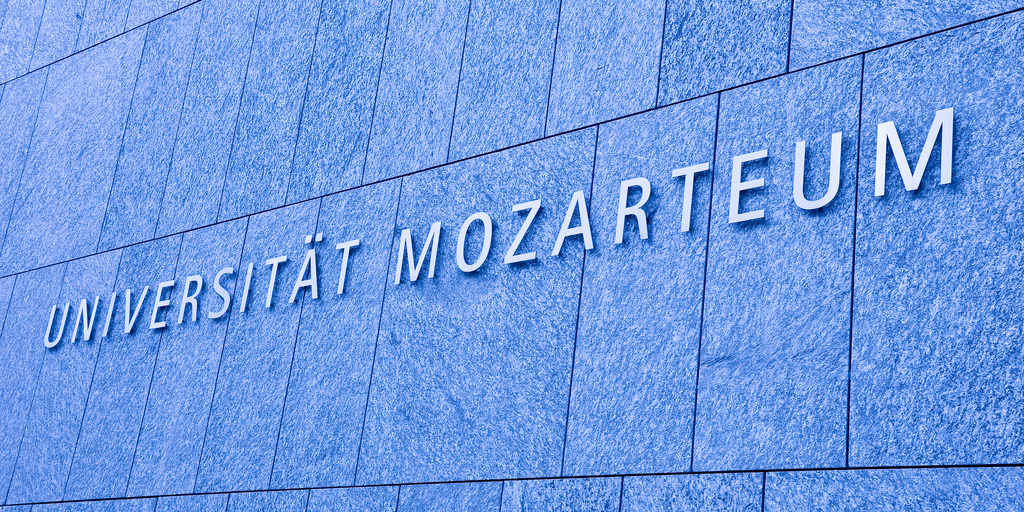The 14th Trilogue Salzburg, hosted by the Bertelsmann Stiftung, will focus on the challenges of leadership today and in the future – for governments, business and non-governmental organizations.
In recent years, globalization and digitalization have resulted in various changes in the way people work and live. Social cohesion is diminishing in many societies. Increasingly, political, business and civil society leaders find themselves with less power and unsure of how to proceed.
Moreover, public and private organizations – and entire societies – face the challenges of unpredictable crises and changing environments. To be successful and socially responsible, transformation processes must offer innovative approaches to cooperation and conflict management. Might this require a change in the definition of leadership yet again?
New organizational structures must also be considered, along with demands for transparency, openness and participative processes. Does this mean that social cohesion and cultural tolerance are making a new repertoire of leadership skills necessary?
We have to look beyond familiar horizons and rethink leadership’s characteristics to make it more innovative and capable of reacting more effectively. The search for good leadership is more than an academic issue – it is a belief in the value of leadership itself!
The following questions therefore need to be addressed:
- What does “good” leadership entail?
- Which forms of successful leadership already exist? What are their most important characteristics?
- Do we need different leadership models for governance and for business?
- Which types of individuals are willing to assume leadership tasks and responsibility within changing environments?
- What kind of leaders and leadership styles are societies, organizations, political systems and economies looking for?
- How should leaders promote competitiveness and/or social cohesion in the 21st century?
The questions above will be addressed from various perspectives in a series of background papers written specially for this conference.



